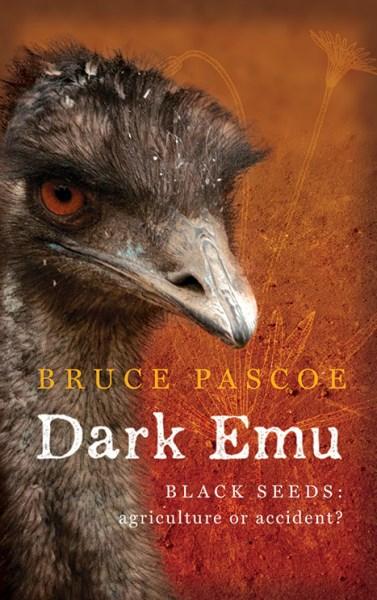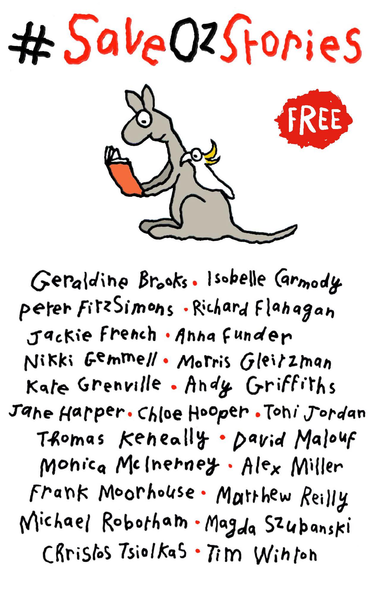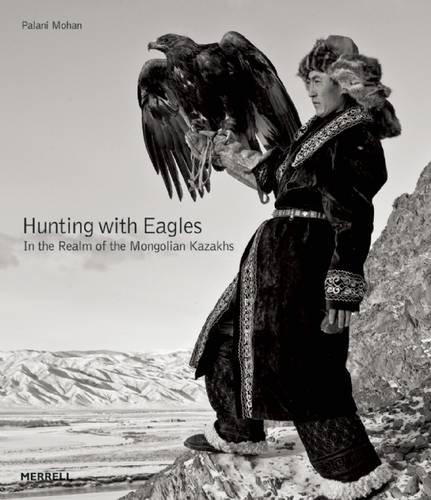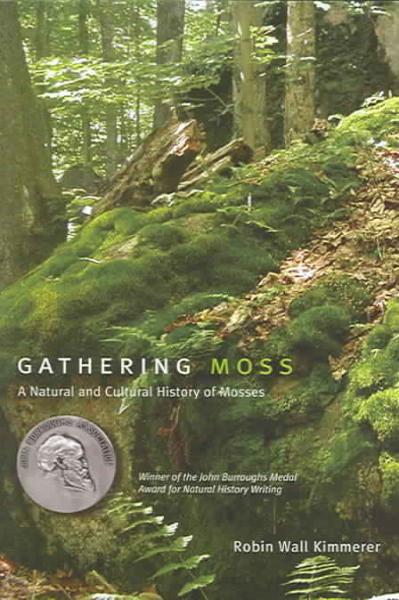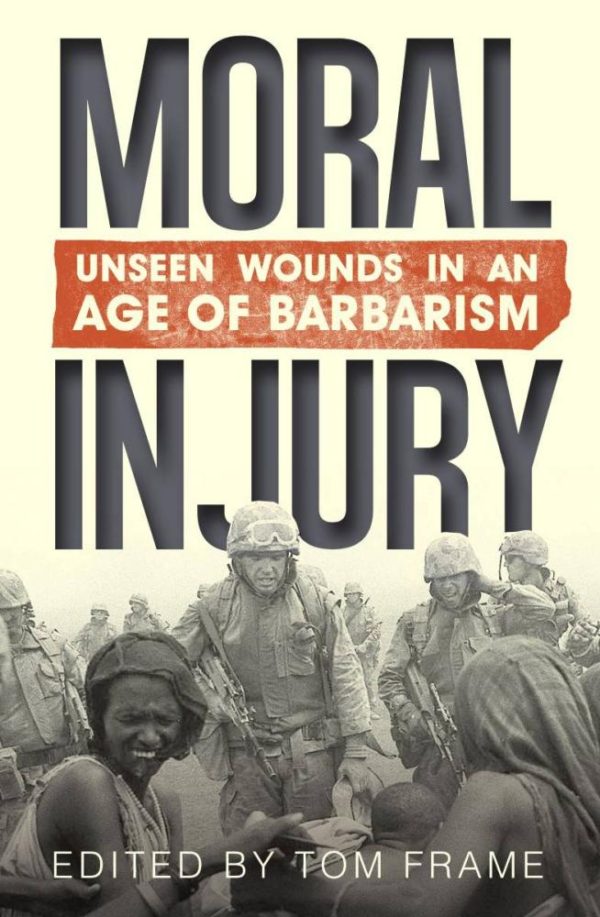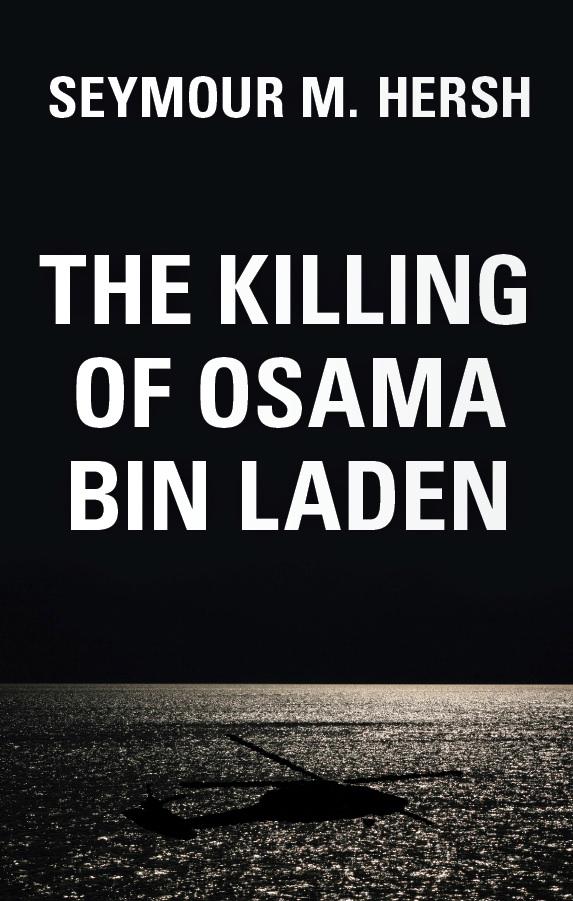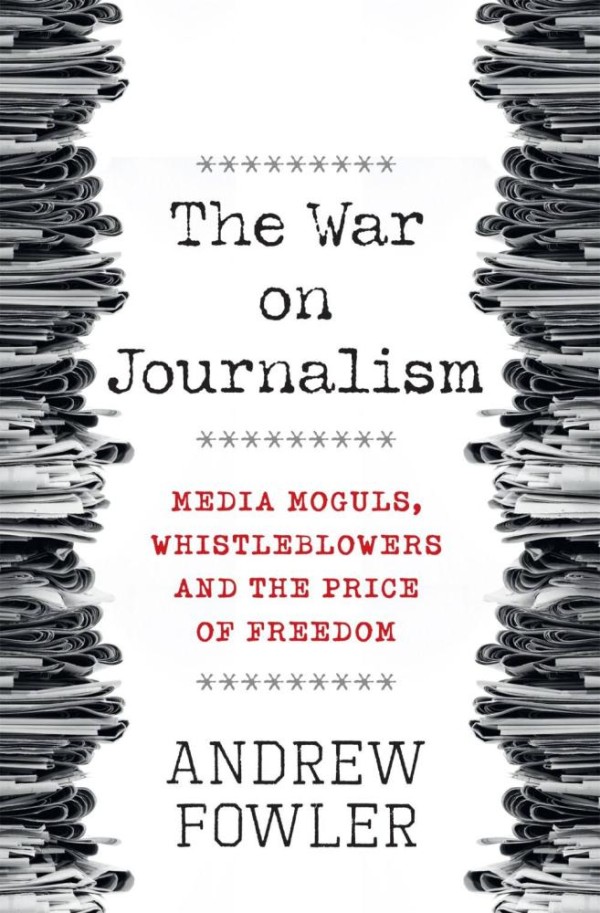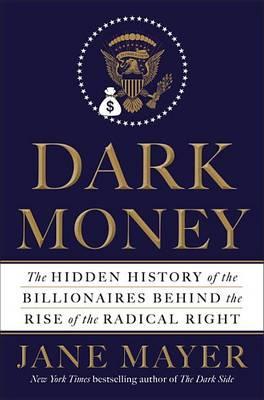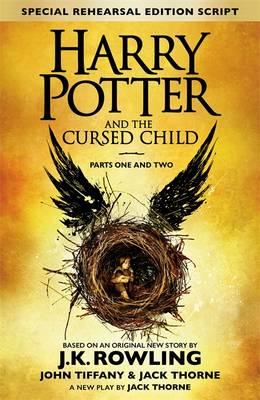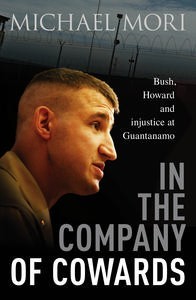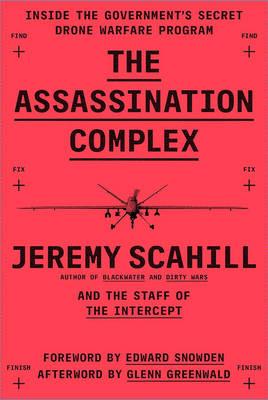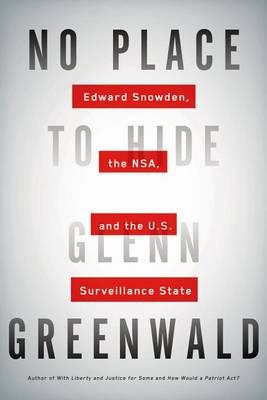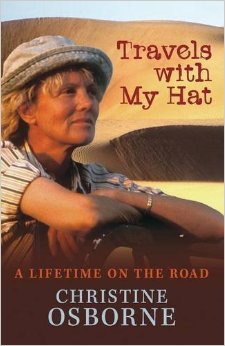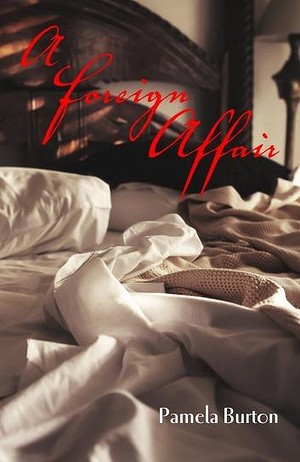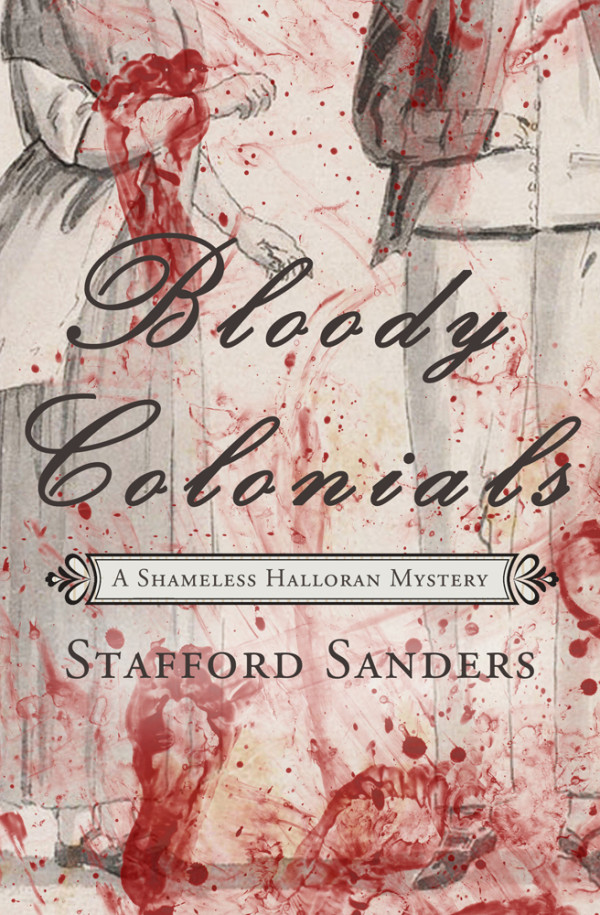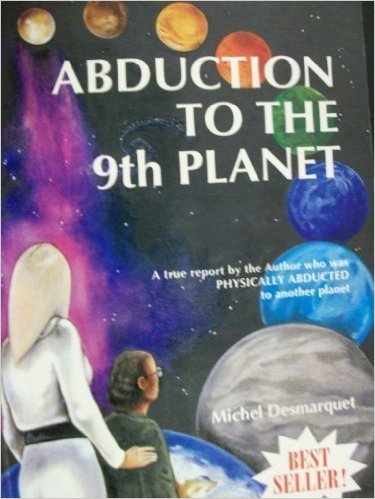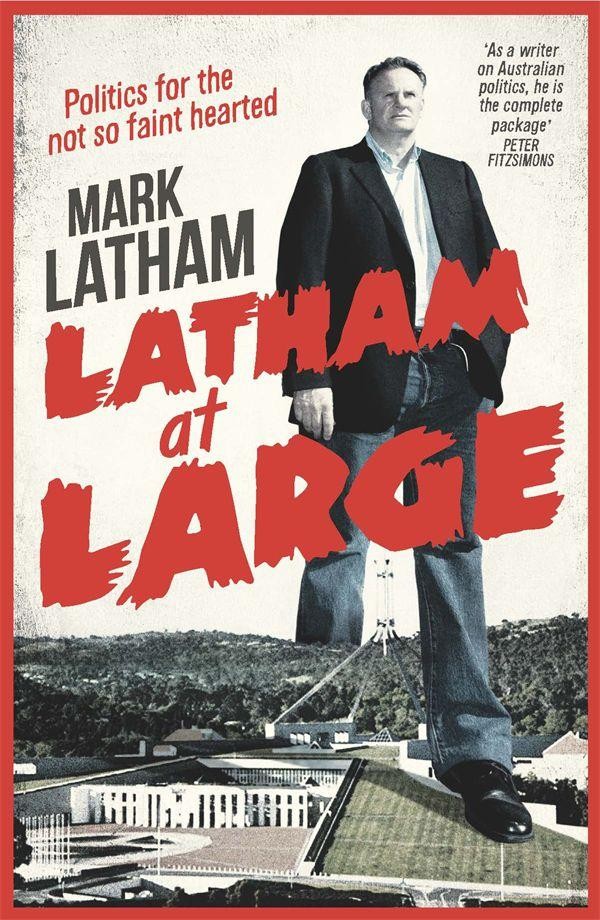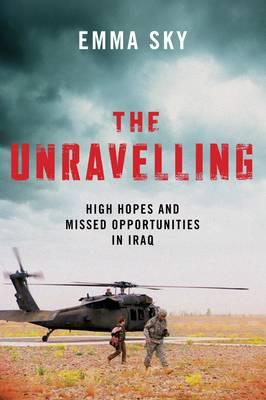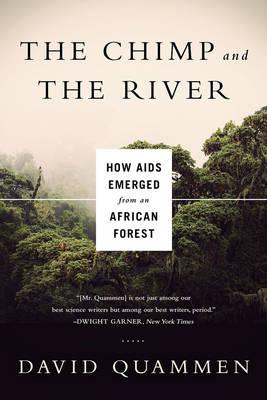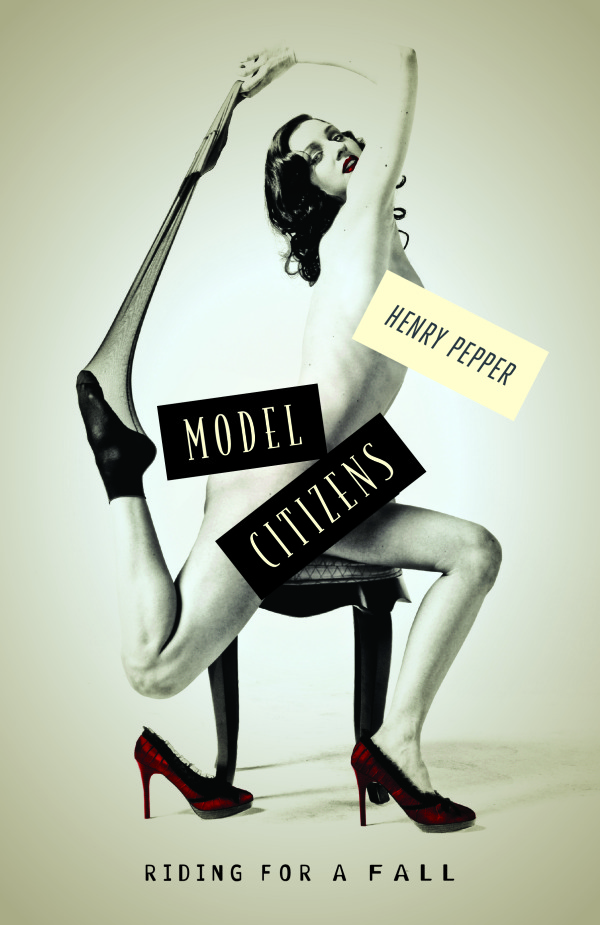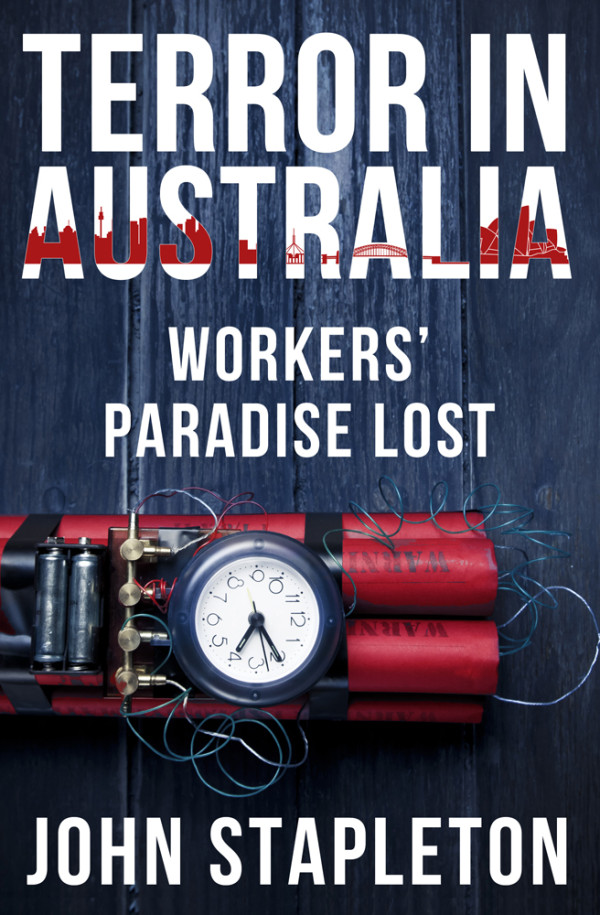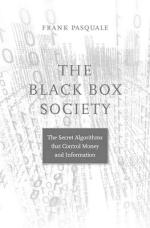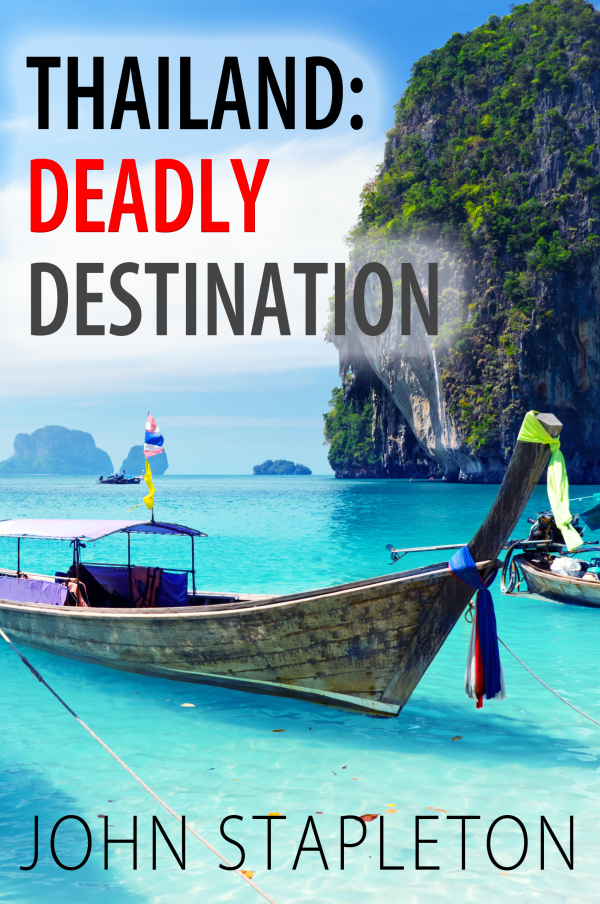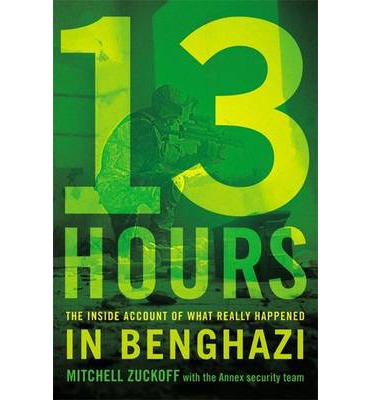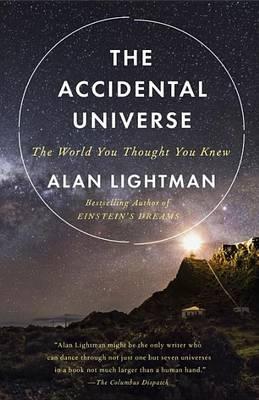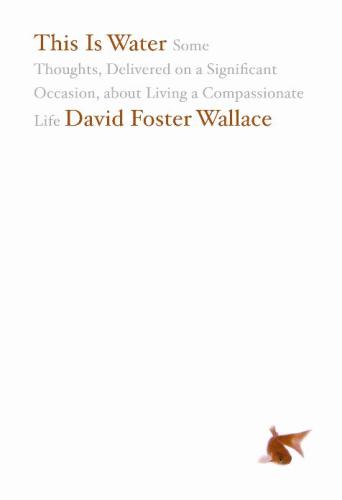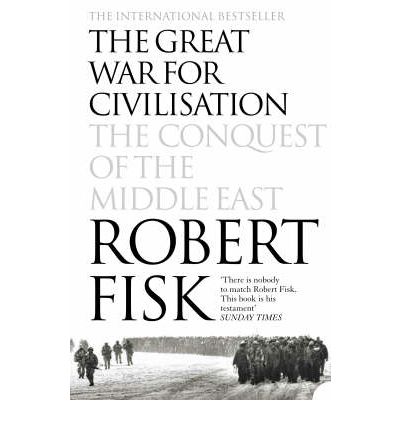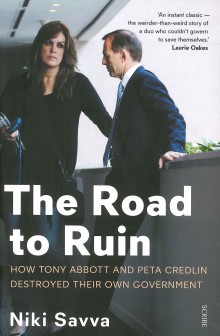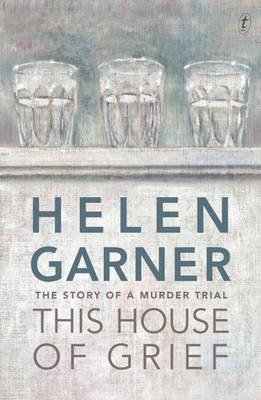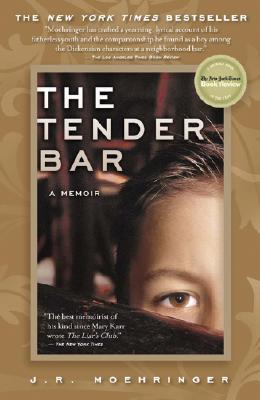Author aSense
The legal fiction of Terra nullius, that the Australia was an empty land before the arrival of Europeans, has always been one of the country’s greatest scandals. In fact the revered, sacred lands had been carefully tended for many thousands of years by a peoples far more sophisticated than European histories and contemporary difficulties have ever revealed. Dark Emus, by Bruce Pascoe, presents a thesis that challenges Australian history. It has won the 2016 NSW Premier’s Literary Awards for Book of the Year. Using early explorers’ journals and other evidence, Pascoe argued pre-colonial Aboriginal people were not nomadic hunter-gatherers, but had a democracy that ensured peace across a continent which was extensively farmed, skilfully managed and deeply loved. In accepting the award Pascoe said: “Dark Emu talks about the fact that Aboriginal people were the first people in the world to make bread, 15,000 years in advance of the Egyptians and this is something that we could be proud of. We’ve got the oldest art in the world, we’ve got the oldest tool manufacture in the world, these are important facts – we should all share in our pride that this country was a leader in human development.”
Save Oz Stories is a collection of responses from some of the country’s most highly regarded writers, including David Malouf and Geraldine Brooks, to an Australian Productivity Commission Report which recommends changes to copyright and importation rules which will effectively destroy the $2.2 billion Australian book industry. It adds to a long list of attacks by the Abbott/Turnbull conservative governments on journalism, whistle blowers, actors, artists and writers; essentially on all independent thought and creativity in a once proud, freedom loving country. The totalitarian instincts of the current Australian government defy belief. Esteemed Australian writer Richard Flanagan, who won the Mann Booker Prize Winner for his powerful book Narrow Road to the Deep North, writes: The Abbott and now Turnbull Government’s record drips with a contempt for writers and writing that leaves me in despair. They want to thieve our past work, and, by ending parallel importation restrictions and territorial copyright, destroy any future for Australian writers. You have to ask if, at heart, this is not profoundly political, because the disenfranchisement of the imagination is ever the disempowerment of the individual. There is, after all, both a bitter irony and a profound connection in a government that would condemn the wretched of the earth as illiterate, while hard at work to rob its own people of their culture of words. This is a government that despises books and views with hostility the civilisation they represent. This government, which again, and again, has brought Australia only global shame with its follies of cowardice and cruelty has no right now to destroy such a good in our nation as this: the voice of our experience, the words of our people, the tongue of our hope—our culture of writing. The Australian book industry has united to make digital copies available for free download and paperback copies available for free at Australian bookshops.
Deep in the unforgiving wilds of far western Mongolia, the last remaining Kazakh eagle hunters harness a powerful force of nature. The burkitshi, as they are known in Kazakh, are proud men whose faces reveal the harshness of the beautifully barren landscape they call home. They have an extraordinary bond with the golden eagle, which to them represents the wind, the open space, the isolation and the freedom found at the edge of the world. Australian photographer Palani Mohan has spent years documenting the noble hunters, but says only 60 remain, and fears the ancient tradition could disappear within 20 years.
Attention without feeling is only a report: “Life exists only because of a myriad of synchronicities that bring us to this particular place at this particular moment. In return for such a gift, the only sane response is to glitter in reply. Knowing the fractal geometry of an individual snowflake makes the winter landscape even more of a marvel. Knowing the mosses enriches our knowing of the world. Mosses and other small beings issue an invitation to dwell for a time right at the limits of ordinary perception. All it requires of us is attentiveness. Look in a certain way and a whole new world can be revealed. Learning to see mosses is more like listening than looking. A cursory glance will not do it. Starting to hear a faraway voice or catch a nuance in the quiet subtext of a conversation requires attentiveness, a filtering of all the noise, to catch the music. Mosses are not elevator music; they are the intertwined threads of a Beethoven quartet.” So writes one of the world’s leading botanists, Robin Wall Kimmerer, in her masterwork Gathering Moss: A Natural and Cultural History of Mosses — an extraordinary celebration of smallness and the grandeur of life, as humble yet surprisingly magical as its subject.
Keep an eye out for the upcoming book Children of the State by Peter van de Voorde, to be published by A Sense of Place Publishing.
Moral Injury is a new field of study looking beyond the Post Traumatic Stress Disorder often suffered by military personnel. It occurs when an individual is asked to do something which breaches their conscience. All recent conflicts have the prerequisites or the potential to cause significant Moral Injury: A government’s decision to involve its forces in unjust wars where either the cause or the conduct is wrong or open to serious conscientious objection, the deployment of forces in pursuit of a mission that is ambiguous with a mandate that is vague; where the translation of political aspirations to military objectives is imprecise or impractical; and when the deployed forces are ill-prepared, poorly structured and inadequately equipped. And when the loss of moral ascendancy within the force reflected in indifference to the rule of law and manifested in an erosion of discipline.
This book is an electrifying investigation of White House lies about the assassination of Osama bin Laden . In 2011, a group of Navy SEALS stormed an enclosure in the Pakistani city of Abbotabad and killed Osama Bin Laden, the man the United States had been chasing since before the devastating attacks of 9/11. The news did much to boost Obama’s first term and played a major part in his re-election victory in the following year. Except the story of that night that was presented to the world was a lie, and the evidence of what actually went on has been covered up. At the same time, the true story of the US’s involvement in the Syrian civil wars has been conducted behind a diplomatic curtain. The White House has turned a blind eye to Turkey’s involvement in stirring up the conflict. Meanwhile, open brutality and ruthless subterfuge-such as the Sarin gas attack on Damascus-has been allowed to go on unpunished. As master investigative journalist Seymour Hersh shows in this explosive book, this was just one of many lies that the world’s leaders now tell us with seeming impunity. How far do these lies go? And what are their purpose?
Racked by public distrust, cowed by government surveillance and powerful corporations, the mainstream media is in crisis. Newspapers which flourished for centuries and TV networks that once ruled the world are failing. Andrew Fowler’s The War on Journalism tells how the media helped write its own epitaph. Drawing on personal interviews and his background in investigative journalism, Ander Fowler traces the decline of the culture of truth bringing in his new book The War on Journalism: Media Moguls, Whistleblowers and the Price of Freedom. It’s a tale of sackings, cutbacks and self-censoring editors, deals, threats and government standover tactics. Alongside tabloids like the News of the World, notorious for phone hacking, giants like the BBC, Australia’s ABC, The Washington Post and The New York Times, The Guardian and Le Monde come under fire.
Why is America living in an age of profound economic inequality? Why have protections for employees been decimated? Why do hedge-fund billionaires pay a far lower tax rate than middle-class workers?
The conventional answer is that a popular uprising against big government led to the ascendancy of a broad-based conservative movement. But as Jane Mayer shows in this powerful, meticulously reported history, a network of exceedingly wealthy people with extreme libertarian views bankrolled a systematic, step-by-step plan to fundamentally alter the American political system. The network has brought together some of the richest people on the planet. Their core beliefs—that taxes are a form of tyranny; that government oversight of business is an assault on freedom—are sincerely held. But these beliefs also advance their personal and corporate interests: Many of their companies have run afoul of federal pollution, worker safety, securities, and tax laws
The latest smash hit from J.K. Rowling, the special script edition of the play Harry Potter and the Cursed Child. It is the eighth Story. Nineteen Years Later.
Buy Now
Read More…
On a beautiful, balmy evening in Cuba in 2007, David Hicks walked out of Guantanamo Bay, in that moment ceasing to be a detainee of the United States and regaining his rights as an Australian citizen. Watching on was the man who had fought for four long years for Hicks’s right to go home: Major Michael Mori. Having grown up as an all-American boy, Mori joined the US Marine Corps as an eighteen-year-old, determined to give his life order and to serve the country he held dear. After training and serving as a military lawyer, he accepted a position as a defence counsel for the military commissions set up in the wake of the 9/11 terrorist attacks. And then David Hicks’s case file landed on his desk.
From his first days as commander in chief, the drone has been President Barack Obama’s weapon of choice, used by the military and the CIA to hunt down and kill the people his administration has deemed — through secretive processes, without indictment or trial — worthy of execution. There has been intense focus on the technology of remote killing, but that often serves as a surrogate for what should be a broader examination of the state’s power over life and death. The cutting edge journalistic team at The Intercept expose the shocking dystopian powers the United States and President Obama in particular have so roundly abused. The Democratic president, they say, has gotten away with crimes and repressive policies that liberals never would have let a Republican carry out. In 2015 alone, the U.S. dropped at least 23,144 bombs on six Muslim-majority countries, many in which it has not officially declared war. Among the many revelations in the book is that during a five-month period in a U.S. program in northeastern Afghanistan called Operation Haymaker, almost 90 percent of people killed in drone strikes were not the intended targets.
In May 2013, Glenn Greenwald set out for Hong Kong to meet an anonymous source who claimed to have astonishing evidence of pervasive government spying and insisted on communicating only through heavily encrypted channels. That source turned out to be the 29-year-old NSA contractor Edward Snowden, and his revelations about the agency’s widespread, systemic overreach proved to be some of the most explosive and consequential news in recent history, triggering a fierce debate over national security and information privacy. As the arguments rage on and the government considers various proposals for reform, it is clear that we have yet to see the full impact of Snowden’s disclosures. Recently, via video link from Moscow, Edward Snowden joined MIT professor Noam Chomsky and The Intercept’s Glenn Greenwald for a discussion on privacy rights hosted by the University of Arizona College of Social and Behavioral Sciences. The panel was moderated by Nuala O’Connor, the president of the Center for Democracy and Technology. Highly recommended, click below to watch the discussion.
Travels with My Hat: A Lifetime on the Road tells how an Australian nurse become an award-winning international travel writer and photographer. A Sense of Place Publishing is proud to have helped bring this wonderful book to a broader audience.
Buy Now
Read More…
The whole national capital of Australia could become a movie set if an enterprising director picks up this eminently filmable novel. In it, politicians and journos have their real names; clandestine meetings take place in cafes we all know; suburban streets and bush roads are recognisable. Then on a cold July night a sudden death outside the Yacht Club sends ripples way beyond Yarralumla. Jo, a progressive Australian National University academic, is researching “the unfair sex”, the bureaucracy’s resistance to women in senior positions and its hostility to men who seek to promote them. Jo farewells her Yugoslavian lover outside the Hyatt, then drives away and apparently shoots herself in the head. This is the hinge on which the novel swings – and swing it does in early 1990s Canberra. Young professional women are shaking the barricades and remaking the rules, the written ones at least. Their affairs, public and private, domestic and foreign, propel an investigation that is conducted with fixed phones, faxes and no email. Lake George still “glistens in the sun”. But people-smuggling, gun-running and Australian Security Intelligence Organisation malfeasance are rife in Canberra, so it is hardly out of date.
Buy Now
Read More…
Australia is in the grip of an election campaign, with an increasingly disengaged and disillusioned population calling down a curse on both their houses. Drawing on more than sixty on-the-record interviews with all the major players, Triumph and Demise: The Broken Promise of a Labor Generation Paul Kelly writes with a keen eye and fearless determination. His central theme is that Australian politics has entered a crisis of the system that, unless corrected, will diminish the lives of all Australians, that in many senses politics and the machinery of government no longer serve the people. “The business of politics is too decoupled from the interests of Australia and its citizens,” Kelly writes. “This decoupling constitutes the Australian crisis.” Triumph and Demise is the inside account of the hopes, achievements and bitter failures of the Labor Government from 2007 to 2013. Nobody knows all the major players in Australian politics in the same way author Paul Kelly does.
Read More…
A Sense of Place Publishing brings you a quirky new Australian detective novel, Bloody Colonials by Stafford Sanders. The book pits a canny convict sleuth against the ruthless empire-builders of an early penal settlement – with exciting and amusing results. Set among the high cliffs and rugged bushland of the Australian coast, Bloody Colonials unleashes detective Seamus “Shameless” Halloran into a brave new world of mystery and intrigue, action, romance, dark humour, poignancy, irony – and barbed satire on power, pretension and the seeds of modern Australia.
Through an extremely curious series of circumstances, A Sense of Place Publishing encountered Michelle Desparquet, living on an island which he has specifically asked not be revealed. Now in his mid-80s, the author of Abduction to the 9th Planet remains remarkable, even if his first flush of fame has faded. He still displays an ebullent love of life, a fondness for Scotch and a good laugh, is a chess champion in his community, and amongst some of the islanders is regarded as a totem of good luck, someone to be touched or rubbed up against, so that the divinity or good luck which is so much part of him will rub off. He is a kind of living good luck charm. To this day he maintains that the story he told in Abduction to the Ninth Planet is entirely true. What makes a cult novel remains a mystery; time, circumstance, good luck, talent, and other elements intangible, or the world would be full of them. At one time Abduction to the Ninth Planet was outselling The Celestine Prophecy, a book which argued that humanity was gpoing through a fundamental shift in consciousness. Michelle Desparquet still maintins that the story he tells, of being abducted by advanced extra-terrestial beings, is simply a retelling of events which truly happened. With mankind’s knowledge of the universe expanding by the day, the claim that mankind is alone in the universe has come to seem increasingly bizarre.
Mark Latham is one of the greatest Prime Ministers Australia never had; unpredictable, brilliant, personable, closer to the electorate and the common aspirations of the Australian people than almost any prominent politician before or since. He was roundly defeated by conservative Prime Minister John Howard in 2004, and left politics the following year, crushed both by the internal complexities, hypocrisies and multiple incompetencies of the Labor Party; and by his own sometimes difficult personality. Latham at Large is an entertaining, thought-provoking, sometimes scathing, often humorous collection from a man who is not afraid to speak his mind. There is no one else like Mark Latham in Australian public life.
The Unravelling: High Hopes and Missed Opportunities is a rivetting firsthand account of a young British civilian woman, Emma Sky, who volunteered to go to Iraq immediately after the invasion in 2003, and within weeks found herself in the role of Governor of Kirkuk – the most dangerous place on Earth. As a Brit, a woman and a liberal, Emma Sky’s presence and position in Iraq following the invasion in 2003 is the stuff of fiction. Shortly after the coalition troops went in, Sky, an Arabist, volunteered to go to assist the Coalition Provisional Authority in the occupation. Alone, she made her way to Baghdad, was told they had enough people, so travelled north, to Kirkuk. Within days she became the most senior civilian there, Kirkuk’s lady governor.
The Chimp and the River: How AIDS Emerged from an African Rainforest, by admired science journalist David Quammen, tells the real story how AIDS originated with a virus in a chimpanzee, jumped to one human, and then infected more than 60 million people in one of history’s most devastating pandemics. Described as a frightening and fascinating masterpiece, The Chimp and the River illustrates how the origin of AIDS is very different from what most of us think we know.
Model Citizens: Riding For A Fall is a romantic thriller about two models who blackmail their way to the top in Los Angeles. They’ve got it made, until the bad (boy) karma catches up with them. Overnight, France’s Angela Durand and blonde Californian Joanne Hart become Super Models and global celebrities. The LA high life is at their fingertips. Multi-million-dollar modelling contracts with fashion’s biggest names. Rich and famous lovers. Private jet travel. The best manager in the business. What could possibly go wrong?
By May of 2015 the security situation in Australia had deteriorated to an alarming extent. The authorities were scared witless another terror attack was imminent. For more than 12 months they had been putting out spot fires across the country, in Sydney, Melbourne and Brisbane, along with other regional and state centres. The increasing radicalisation of the Muslim minority, fanned by the rise of the single most powerful religious movement in modern times, the Islamic State, posed a major threat to the safety of Australian citizens. And as any firefighter could tell you, there were only so many spot fires you could put out before the forest ignited. The dreadful security situation in Australia had been fanned by a lunatic decision by the government to once again join America, the Great Satan as the Islamic community regarded them, in invading Muslim lands aka Iraq. There was no reason to do so; no treaty obligation, no security situation which could justify the invasion of sovereign lands. The Muslim minority was incensed by the inhumane killing of mujaheddin by high-tech drones launched from Australian fighter jets. They were incensed by the Australian governments labeling of some of their members as un-Australian, when in many ways, their regular attendance at mosque, their faithfulness to their wives, the good care they took of their children, the fact they did not smoke, drink or take drugs and had strong ties with their communities, all marked them as far better citizens than many members of the decrepit society they saw around them. The mishandling of the situation by the Prime Minister Tony Abbott, who repeatedly ignored expert advice on how to deal with a religious minority with which he clearly had no affinity or understanding, had ramped the terror threat through the roof. The entire devolving security situation was set against a rapid collapse in Australian society, which had seen a once proud, optimistic, larrikin country become impoverished, dispirited, and broken, the streets of Sydney, its major city, more like walking through a Mad Max movie than a major city, the only difference being the black birds were replaced by squawking seagulls from the nearby beaches; just as eery, just as apocryphal in their mournful cries.
Algorithms can learn. Algorithms can acquire bias. In The Black Box Society: How Secret Algorithms Control Money and Information, eminent Law Professor Frank Pasquale exposes the invasive technology running our lives. In The Age of Terror these systems can be used to extend the control of dark agencies into every corner of our lives. Every day, corporations are connecting the dots about our personal behavior-silently scrutinizing clues left behind by our work habits and Internet use. The data compiled and portraits created are incredibly detailed and invasive. But who connects the dots about what firms are doing with this information? The Black Box Society argues that we all need to be able to do so-and to set limits on how big data affects our lives.
The worst scandal in the annals of modern tourism, the daily robbing, bashing, drugging, extortion and murder of foreign tourists on Thai soil, is exposed in Thailand: Deadly Destination.
13 Hours: The Secret Soldiers of Benghazi (also known simply as 13 Hours) is a 2016 American biographical war film directed and co-produced by Michael Bay and written by Chuck Hogan, based on Mitchell Zuckoff’s 2014 book 13 Hours. The film follows six members of a security team who fight to defend the American diplomatic compound in Benghazi, Libya after waves of terrorist attacks on September 11, 2012. 13 Hours in Benghazi sets the record straight on what happened during a night that has been shrouded in mystery and controversy. Written by New York Times bestselling author Mitchell Zuckoff, this riveting book takes readers into the action-packed story of heroes who laid their lives on the line for one another, for their countrymen, and for their country. You will also see, as some commentators have suggested, how bad the current administration really handles our foreign affairs and how inept they can be and how the foreign countries. Ever since the Benghazi attack that left four Americans dead questions have continued to arise over the role of then-Secretary of State Hillary Clinton in the attack.Ever since the September 11, 2012, attack of a United States outpost in Benghazi, Libya, that left four Americans killed, questions have continued to arise over the role of then-Secretary of State Hillary Clinton.
Questions like why our world exists and what nothing is have occupied minds great and ordinary since the dawn of humanity, and yet for all our scientific progress, they continue to do so, yielding only hypotheses rather than concrete answers. But there is something immutably heartening in the difference between the primitive hypotheses of myth, folklore and religion, which handed off such mysteries to various deities and the occasional white-bearded man, and the increasingly educated guesses of modern science. In the title essay of his excellent The Accidental Universe: The World You Thought You Knew which also gives us beautiful meditations on science and spirituality, Alan Lightman points to fine-tuning — the notion that the basic forces propelling our universe appear to be fine-tuned in such a way as to make the existence of life possible — as a centerpiece of how modern scientists have attempted to answer these age-old questions.
Only once did David Foster Wallace give a public talk on his views on life, during a commencement address given in 2005 at the elite liberal arts Kenyon College, the oldest private educational institution in Ohio, America, known for its rural setting and Gothic architecture. Demonstrating that wisdom can come from everywhere, is the sole possession of no individual, no single faith, no single creed, no single god, the schools motto is derived from the religious order of The Daughters of the King, associated with the Episcopal Church but now drawing members from across denominations: Mangnaminem Sustine Cruciter, meaning “With heart, mind and spirit uphold and bear the cross.” At the base of the cross are the letters “FHS”, meaning: “For His Sake”. To many Christ, in 2015, appeared to have departed the Earth scene as a tidal wave of Islamic fundamentalism swept the world. Three years later David Wallace was to commit suicide, becoming a cultural symbol for tortured genius. His address, published in the slim volume This Is Water, captures Wallace’s electric intellect as well as his grace in attention to others. After his death, it became a treasured piece of writing reprinted in The Wall Street Journal and the London Times, commented on endlessly in blogs, and emailed from friend to friend. Writing with his one-of-a-kind blend of causal humor, exacting intellect, and practical philosophy, David Foster Wallace probes the challenges of daily living and offers advice that renews its devotees with every reading. How does one keep from going through their comfortable, prosperous adult life unconsciously? How do we get ourselves out of the foreground of our thoughts and achieve compassion?
A sweeping and dramatic history of the last half century of conflict in the Middle East from an award-winning journalist who has covered the region for over thirty years, The Great War for Civilisation unflinchingly chronicles the tragedy of the region from the Algerian Civil War to the Iranian Revolution; from the American hostage crisis in Beirut to the Iran-Iraq War; from the 1991 Gulf War to the American invasion of Iraq in 2003. A book of searing drama as well as lucid, incisive analysis, The Great War for Civilisation is a work of major importance for today’s world. The history of the Middle East is an epic story of tragedy, betrayal and world-shaking events. It is a story that Robert Fisk has been reporting for over thirty years. His masterful narrative spans the most volatile regions of the Middle East, chronicling with both rage and compassion the death by deceit of tens of thousands of Muslims, Christians and Jews. In a recent piece on the fall of Palmyra, Fisk asks: The biggest military defeat that Isis has suffered in more than two years — the recapture of Palmyra, the Roman city of the Empress Zenobia — and we are silent. Yes, folks, the bad guys won, didn’t they? Otherwise, we would all be celebrating, wouldn’t we? As the black masters of execution fled Palmyra this weekend, Messrs Obama and Cameron were as silent as the grave to which Isis has dispatched so many of their victims.
Buy Now
Former Australian Prime Minister Tony Abbott and his chief of staff Peta Credlin played it harder and rougher than anybody else to get where they wanted to be, running the country. But they proved incapable of managing their own office, much less the government. Then, when it was over, when it was crystal-clear to everyone that they had failed, when everyone else could see why they had failed, she played the gender card while he played the victim. In The Road to Ruin, prominent political commentator, author, and columnist for The Australian Niki Savva reveals the ruinous behaviour of Abbott and Credlin. Based on her unrivalled access to their colleagues, and devastating first-person accounts of what went on behind the scenes, Savva paints an unforgettable picture of a unique duo who wielded power ruthlessly but not well.
Leading Australian writer Helen Garner, who became instantly famous with the publication of her first novel in 1977, Monkey Grip, has made the Stella longlist for her book House of Grief. The book explores in compelling style one of the worst cases of patricide in Australian history.
